Not only do we have to deal with anti-gun locales trying to infringe on the right to keep and bear arms, but our ability to acquire arms for self-defense as well. On today’s Bearing Arms’ Cam & Co we’re detailing the ongoing fight to block gun shops from opening in one California community, and why the Supreme Court may soon have to decide whether restrictive zoning laws designed to keep communities gun store-free are constitutional.
For several months now we’ve been reporting on what’s going on in Redwood City, California, where anti-gunners are up in arms (so to speak) about the possibility of two gun stores opening up in the town. When the local planning commission gave its approval for one store last year, activists demanded zoning changes that would make it impossible for any store to operate inside the city limits, and earlier this week the planning commission unveiled its recommendations to the city council; suggestions that would indeed curtail the establishment of any gun shop throughout most, if not all, of the town.
During a meeting Tuesday, the Planning Commission voted 6-1 to recommend that the City Council adopt an ordinance prohibiting firearm and ammunition retailers from opening within 600 feet of child care centers, libraries, community centers, faith-based places of worship and Courthouse Square.
The 600-foot buffer would also apply to in-home child care facilities if staff can develop a method for identifying those sites. The state does not provide addresses for in-home child care sites due to confidentiality.
A larger buffer of 1,000 feet will apply to areas like schools, public parks and youth centers which Commissioner Rudy Espinoza Murray said are spaces children often frequent without adults. The 1,000-foot buffer was a change from staff’s proposal that called for a 600-foot buffer for all sensitive uses. Staff did propose a 1,000-foot buffer between firearm dealers to prevent clustering, which remained in the version supported by the commission.
As absurd as the commission’s reasoning is (schools are places where kids routinely visit without adults around? Really?), it’s the overall premise that’s likely to result in litigation. The planning commission seems to understand that banning gun shops outright would invite a lawsuit they’re not likely to win, so they’re trying to do the same thing without being so explicit. Carve out all those “sensitive places” and the accompanying buffer zones from a map of Redwood City and you probably won’t find many locations where a gun store could theoretically operate. It may even be that there are no options at all for would-be gun store owners under the recommendations proposed to the city council, but at the very least they’d be pushed to the fringes of the community instead of being able to operate in more high-traffic retail locations.
Redwood City isn’t the first locality to try to enact a gun store ban without formally prohibiting shops from operating within the city limits. Chicago has been able to keep any gun stores or ranges from opening in the 13 years since the city’s ban on handguns was struck down by the Supreme Court; first by trying to ban gun shops and ranges outright (which failed), then by enacting the same type of zoning restrictions that Redwood City wants to put in place (which also failed). The city has had more success in requiring would-be gun store owners to get special zoning approval and subjecting them to a maze of red tape and sign-off by city officials, which has kept Chicago free from gun stores (but certainly not violent crime).
While any potential legal challenge to the zoning restrictions under consideration in Redwood City is a long way from Supreme Court review, the justices do have the opportunity to weigh in on the ability to purchase and sell firearms thanks to Naperville, Illinois’ ban on the sale of “assault weapons.” As we discussed earlier today, Naperville contends that the Supreme Court has only found that the right to keep and bear handguns in self-defense is protected by the Second Amendment, not the right to acquire or sell arms (of any kind). The Court has been asked by the plaintiffs in Bevis v. Naperville to step in and issue an emergency injunction barring enforcement of the local ban, and the lawsuit (along with separate challenges to the statewide ban enacted earlier this year) open the door for SCOTUS to speak not just on banning particular firearms for sale, but whether the right to keep and bear arms inherently protects the right to acquire them as well.
Even if the Court declines to intervene in Bevis at this early stage, places like Redwood City are unfortunately going to give justices plenty of other opportunities to address these gun store bans in the future. In fact, until and unless SCOTUS steps in, abuses like these are only going to become more common in Democratic strongholds, and the damage done to the Second Amendment rights of we the people will be irreparable.
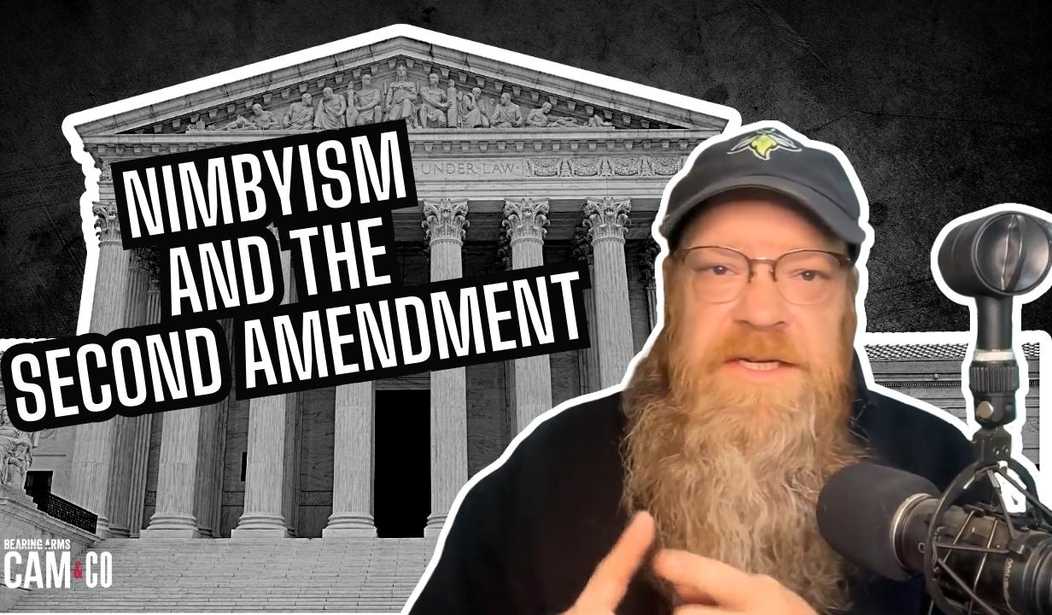



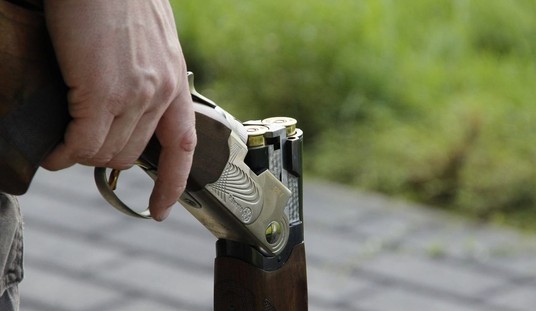

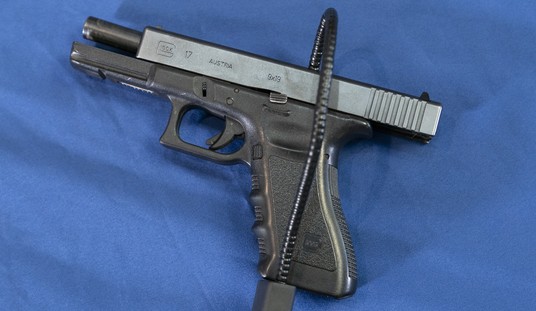
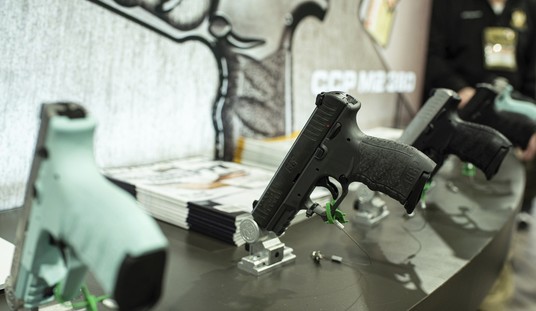
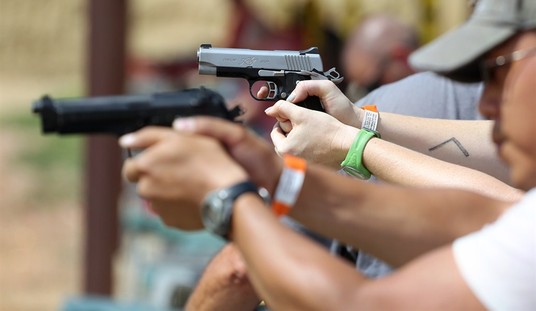
Join the conversation as a VIP Member